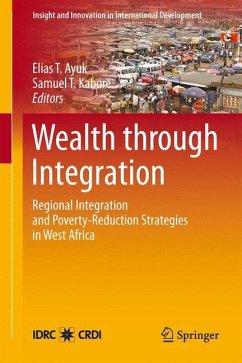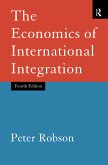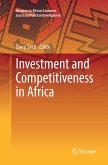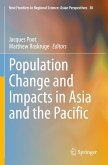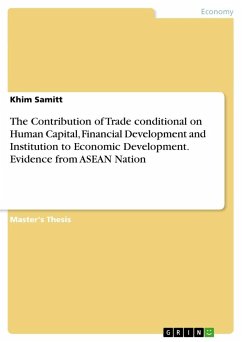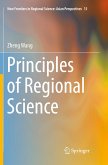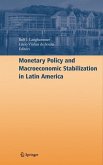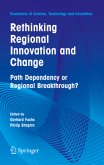Could regional integration be a first step toward joining the global market? In a context where liberalizing trade has not produced the expected gains in developing countries and growth in global trade has not led to the expected economic growth, an alternative solution has emerged. This new paradigm suggests that trade liberalization should be accompanied by public investment. However, by its very nature, trade liberalization leads to a reduction in revenues from duties and taxes, which means that the available resources for public investments will also be reduced. There are now solid arguments for encouraging the less-developed countries to first emphasize regional integration before trying to access the global market.
This book explores the issues linked to regional integration in West Africa and presents empirical data about the experiences in = West African Economic and Monetary Union (WAEMU) countries to converge their economies. It also examines how these efforts, which make a major contribution to regional integration, influence poverty reduction in the economic and monetary community. It will be of interest to researchers working in this area.
Elias T. Ayuk is Director of the United Nations University Institute for Natural Resources in Africa in Accra, Ghana, and was formerly a senior program specialist at the International Development Research Centre. Samuel T. Kaboré is a researcher/lecturer at the Faculty of Economics and Management at the University of Ouagadougou II, BurkinaFaso.
Canada's International Development Research Centre (IDRC) supports research in developing countries to promote growth and development. IDRC also encourages sharing this knowledge with policymakers, other researchers, and communities around the world. The result is innovative, lasting local solutions that aim to bring choice and change to those who need it most.
Elias T. Ayuk is Director of the United Nations University Institute for Natural Resources in Africa in Accra, Ghana, and was formerly a senior program specialist at the International Development Research Centre. Samuel T. Kaboré is a researcher/lecturer at the Faculty of Economics and Management at the University of Ouagadougou II, Burkina Faso.
Canada's International Development Research Centre (IDRC) supports research in developing countries to promote growth and development. IDRC also encourages sharing this knowledge with policymakers, other researchers, and communities around the world. The result is innovative, lasting local solutions that aim to bring choice and change to those who need it most.
This book explores the issues linked to regional integration in West Africa and presents empirical data about the experiences in = West African Economic and Monetary Union (WAEMU) countries to converge their economies. It also examines how these efforts, which make a major contribution to regional integration, influence poverty reduction in the economic and monetary community. It will be of interest to researchers working in this area.
Elias T. Ayuk is Director of the United Nations University Institute for Natural Resources in Africa in Accra, Ghana, and was formerly a senior program specialist at the International Development Research Centre. Samuel T. Kaboré is a researcher/lecturer at the Faculty of Economics and Management at the University of Ouagadougou II, BurkinaFaso.
Canada's International Development Research Centre (IDRC) supports research in developing countries to promote growth and development. IDRC also encourages sharing this knowledge with policymakers, other researchers, and communities around the world. The result is innovative, lasting local solutions that aim to bring choice and change to those who need it most.
Elias T. Ayuk is Director of the United Nations University Institute for Natural Resources in Africa in Accra, Ghana, and was formerly a senior program specialist at the International Development Research Centre. Samuel T. Kaboré is a researcher/lecturer at the Faculty of Economics and Management at the University of Ouagadougou II, Burkina Faso.
Canada's International Development Research Centre (IDRC) supports research in developing countries to promote growth and development. IDRC also encourages sharing this knowledge with policymakers, other researchers, and communities around the world. The result is innovative, lasting local solutions that aim to bring choice and change to those who need it most.

